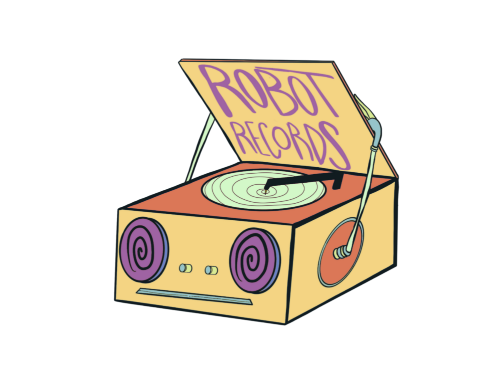Full-Length Albums vs. Singles: The Artistic Dilemma for Musicians
In the ever-evolving landscape of the music industry, musicians are faced with a significant dilemma: whether to release full-length albums or opt for a steady stream of singles. Both approaches have their merits and drawbacks, and the decision can greatly impact an artist's career trajectory and artistic expression. In this blog post, we'll delve into the pros and cons of each strategy to help musicians navigate this crucial decision.
The Rise of the Single
In recent years, the music industry has witnessed a shift in how music is consumed, largely due to the rise of digital platforms and streaming services. This shift has led to the resurgence of the single as a dominant format. Releasing singles allows artists to maintain a consistent presence in the digital realm, catering to shorter attention spans and a demand for instant gratification. Here are some compelling reasons why singles have gained popularity:
Swift Engagement: Releasing singles at regular intervals keeps fans engaged and excited, fostering a deeper connection with the artist.
Adapting to Trends: The music industry is highly trend-driven. Releasing singles allows musicians to stay relevant by aligning with current musical trends.
Maximizing Exposure: Singles can be strategically timed to coincide with relevant events or occasions, garnering greater media and audience attention.
Experimentation: Musicians can experiment with different genres and styles more freely when releasing singles, without the commitment of a full album's thematic coherence.
The Allure of the Full-Length Album
While singles offer undeniable benefits, the full-length album remains a cherished and time-honored tradition in the music world. Albums provide a canvas for musicians to weave intricate stories, explore themes, and showcase their artistic evolution. Here's why full-length albums continue to hold sway:
Artistic Expression: A complete album allows musicians to express themselves more fully, offering a cohesive journey that showcases their growth and range as artists.
Narrative and Conceptual Depth: Albums provide the space to explore intricate narratives, concepts, or themes that might be constrained in the format of a single.
Album as an Experience: For many music enthusiasts, listening to an album from start to finish is a cherished ritual that provides a deeper, more immersive experience.
Legacy and Impact: Iconic albums have the power to shape cultural movements and leave a lasting impact on the music industry, solidifying an artist's legacy.
Striking the Right Balance
The choice between releasing singles and full-length albums isn't necessarily binary. Many artists have successfully found a middle ground, striking a balance between the two approaches. The key is to align the chosen strategy with the artist's unique goals and artistic vision:
EPs: Extended plays (EPs) are a popular compromise, offering more than a single but less than a full album. They provide room for thematic exploration while maintaining a steady release schedule.
Album Series: Artists can release a series of interconnected singles that eventually culminate into a full-length album, allowing them to build anticipation and engage listeners over an extended period.
Mix of Both: Some musicians release singles leading up to a full album release, leveraging the best of both worlds to maximize engagement and anticipation.
In a rapidly changing music industry, the decision between releasing full-length albums and singles is a complex one that requires careful consideration. Musicians must weigh factors like artistic expression, audience engagement, and industry trends to make an informed choice. Ultimately, there's no one-size-fits-all answer, and the ideal approach may evolve over time as the artist's career progresses. By embracing flexibility, adapting to changing dynamics, and staying true to their creative vision, musicians can navigate this dilemma and find a strategy that best serves their artistry and career goals.
